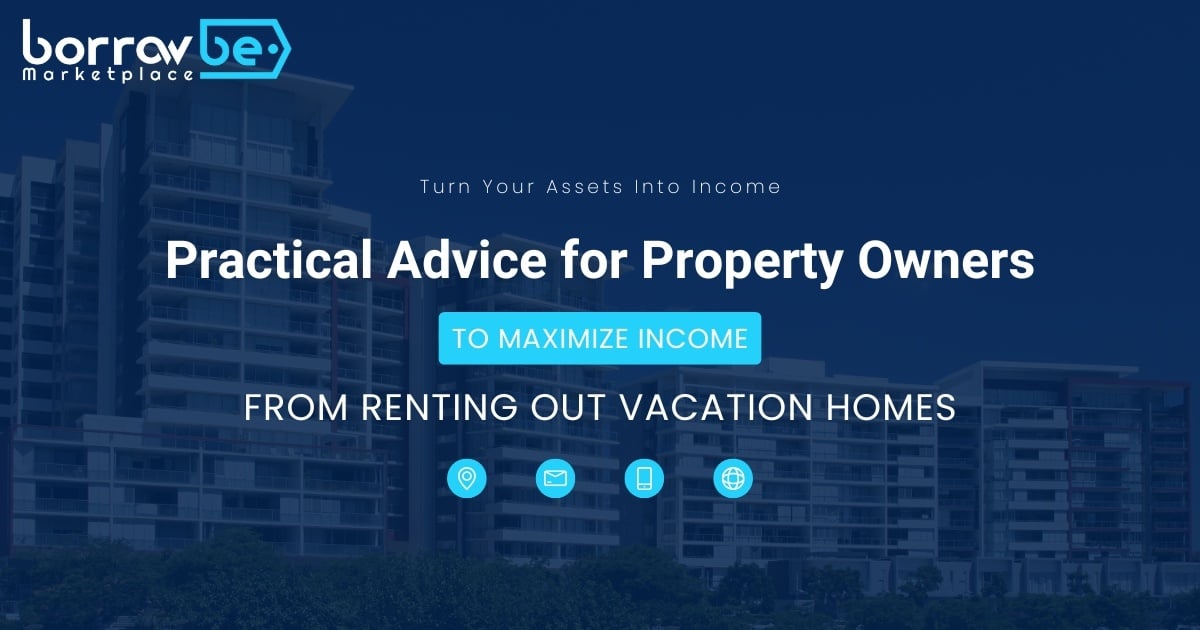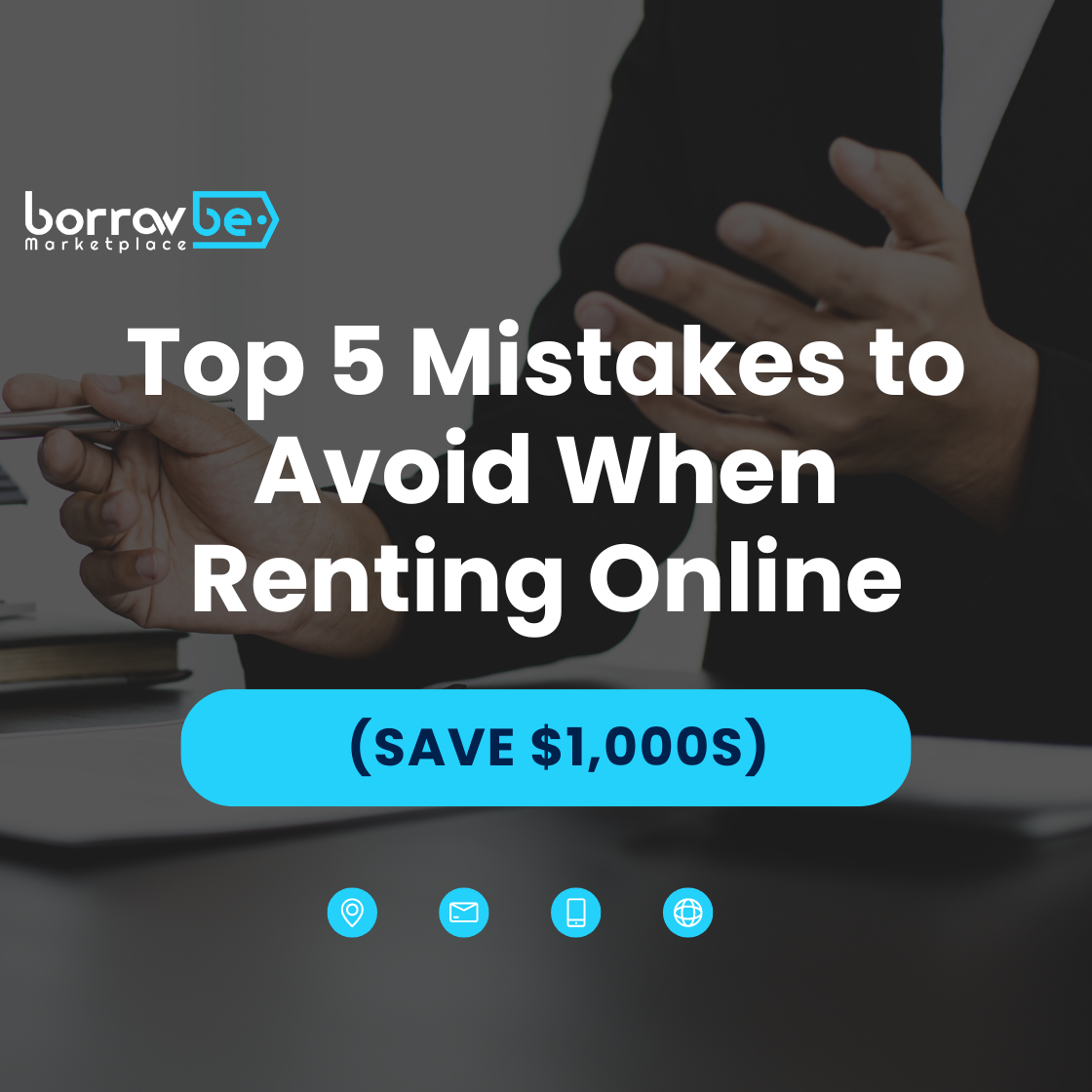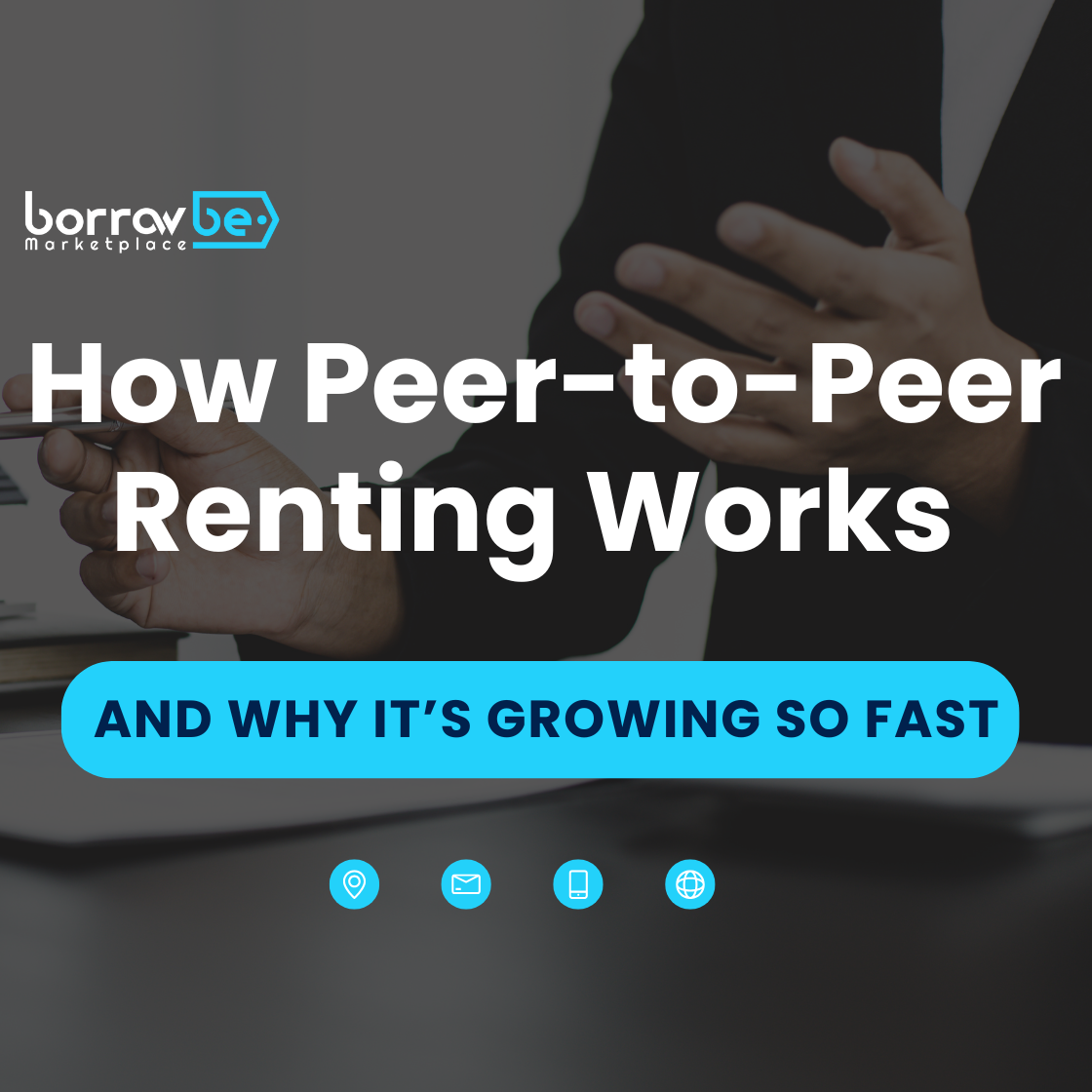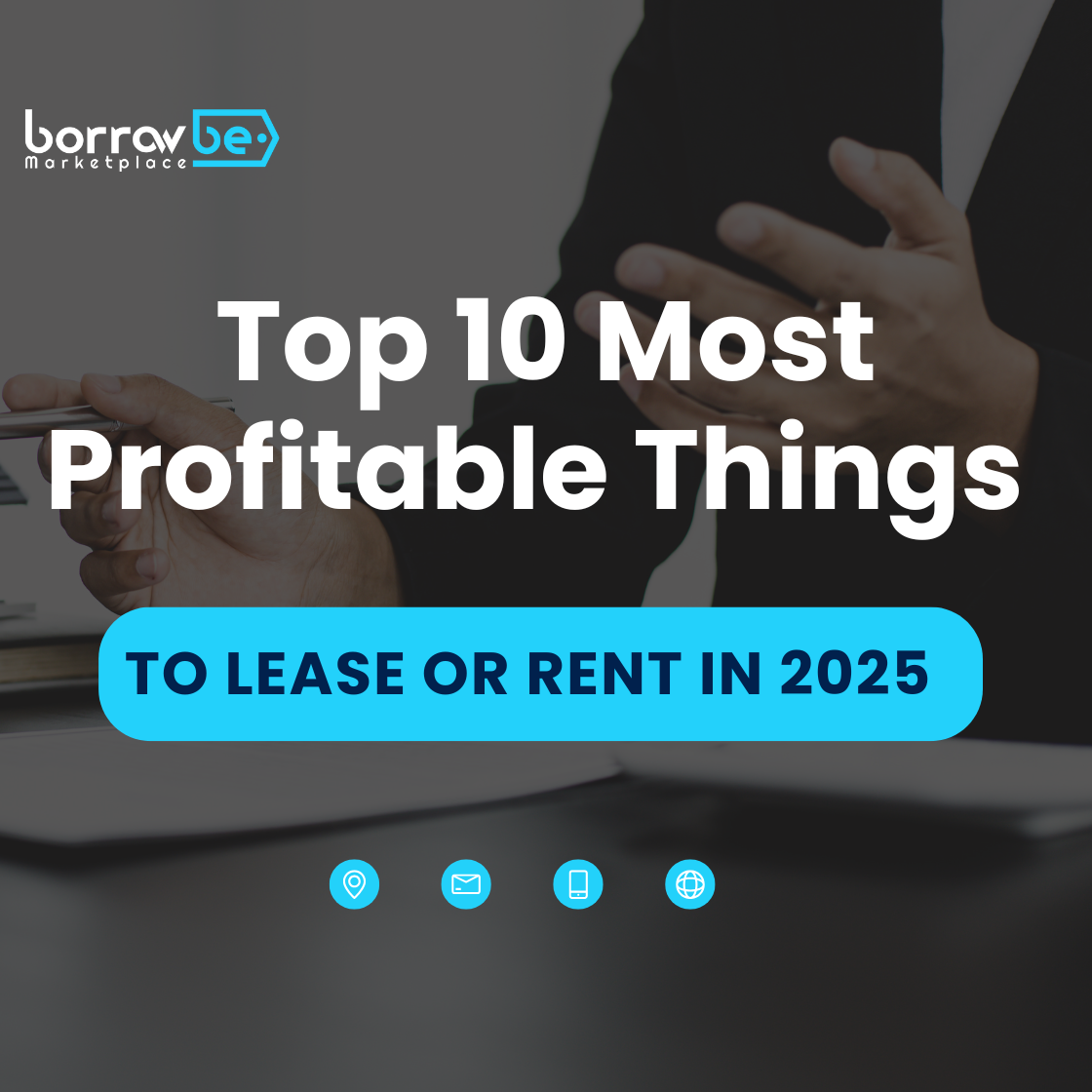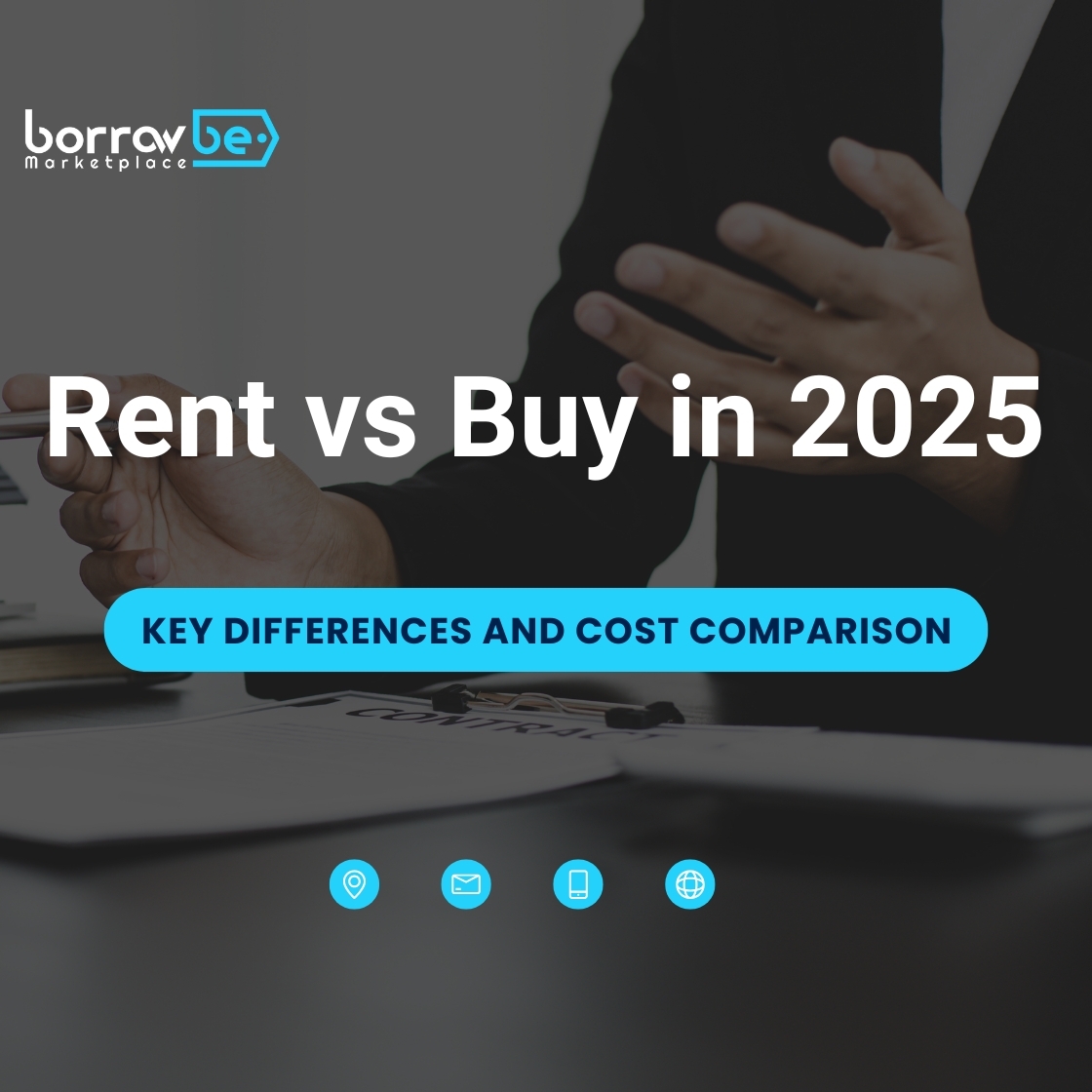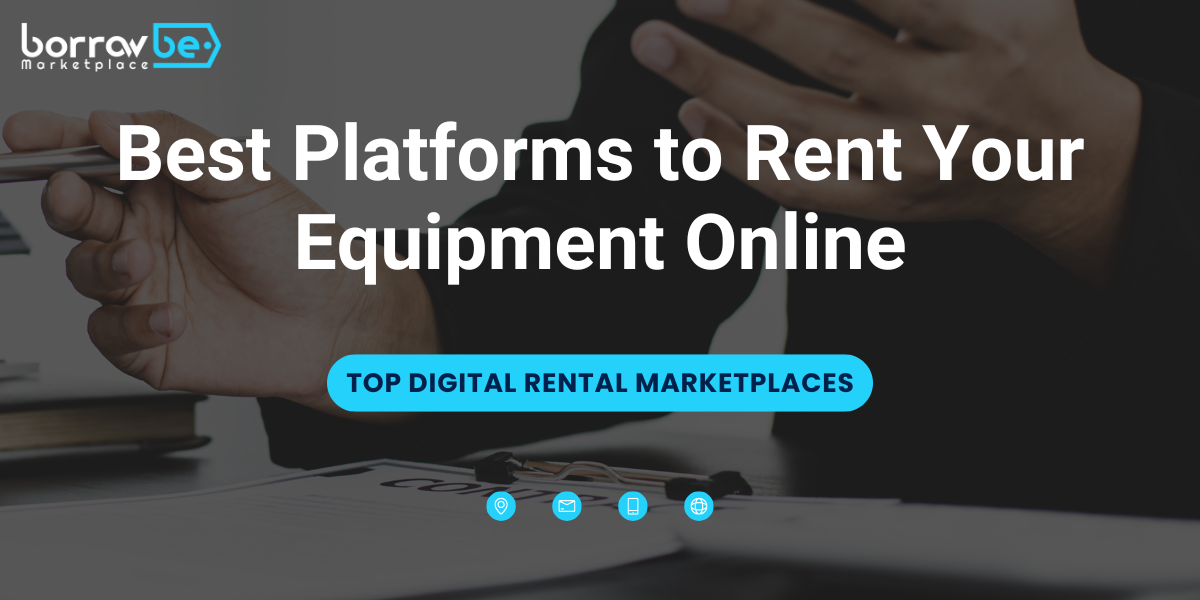Understanding the Vacation Rental Market
Current Trends in Vacation Rentals
The vacation rental market has surged in recent years, with a projected global value of $115 billion by 2026 (Statista, 2023). Post-pandemic, travelers increasingly prioritize privacy, flexible stays, and unique experiences over traditional hotels. Platforms like Airbnb and Vrbo report a 35% increase in bookings for properties with dedicated workspaces, reflecting the rise of “workations.” Additionally, eco-conscious travelers are driving demand for sustainable amenities, such as solar panels or energy-efficient appliances.
To stay competitive, property owners must align with these trends. For instance, 68% of guests prefer properties with smart home technology, like keyless entry or voice-controlled lighting (Vacation Rental Management Association, 2023). Partnering with platforms like BorrowBe’s Vacation Rental listings can amplify visibility among eco-aware and tech-savvy travelers.
Identifying Your Target Audience
Your property’s location and features determine its ideal guests. A beachfront villa appeals to families seeking relaxation, while a downtown condo may attract business travelers or couples. Analyze local attractions—proximity to ski resorts, cultural landmarks, or hiking trails—to tailor your marketing. For example, a cabin near a national park could target adventure seekers by highlighting gear storage or trail maps.
Demographic data is equally critical. Millennials and Gen Z renters prioritize Instagram-worthy aesthetics, whereas baby boomers value accessibility and safety. Use surveys or platform analytics to refine your audience profile. As Sarah Johnson, a vacation rental strategist, notes: “Knowing your audience lets you craft personalized offers, boosting occupancy by up to 25%."
Setting Competitive Pricing Strategies
Dynamic Pricing Models
Static pricing can cost owners up to 20% in potential revenue (Wheelhouse, 2023). Dynamic pricing tools like PriceLabs or Beyond adjust rates based on demand, seasonality, and local events. For example, a lakeside home could automatically increase prices during summer festivals.
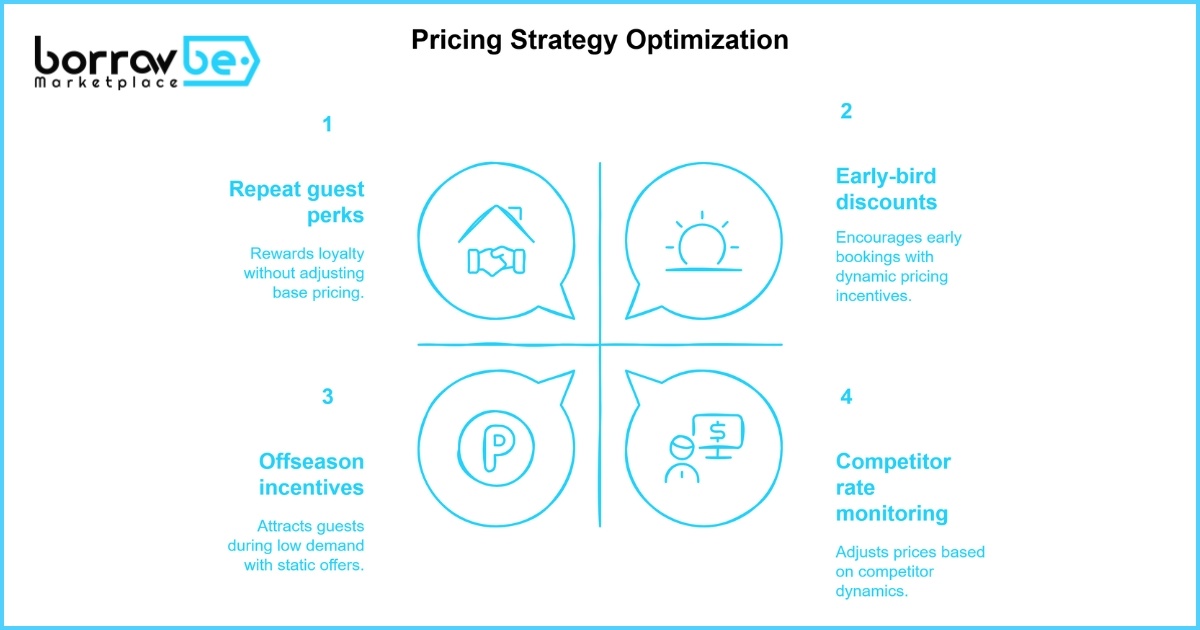
Key factors for dynamic pricing:
- Competitor rates: Monitor similar listings in your area.
- Occupancy trends: Raise prices during high-demand weekends.
- Lead time: Offer discounts for last-minute bookings.
Seasonal Adjustments and Special Offers
Seasonality significantly impacts revenue. A ski chalet in Colorado may charge 40% more in winter, while a Florida beach house peaks in spring. Create offseason incentives, like a “Stay 4 Nights, Pay for 3” deal, to attract guests during slower months.
Special offers also foster loyalty:
- Early-bird discounts: 10% off for bookings made 90 days in advance.
- Repeat guest perks: Free cleaning or upgraded amenities.
Enhancing Property Appeal to Attract Renters
Interior Design and Amenities
Guests expect hotel-quality finishes. Invest in durable, stylish furniture and hypoallergenic bedding. A 2022 survey by VRMB found that 73% of renters prioritize fully equipped kitchens, while 62% seek high-speed Wi-Fi.
Premium vs. Essential Amenities
|
Essential |
Premium |
|
Wi-Fi |
Hot tub or pool |
|
Toiletries |
Smart home devices |
|
Kitchen basics |
BBQ grill or outdoor kitchen |
Curb Appeal and First Impressions
A well-maintained exterior increases booking likelihood by 45% (HomeLight, 2023). Power-wash driveways, repaint trim, and install landscape lighting. Add a welcome mat and seasonal decor to create a photo-friendly entrance.
Streamlining Operations with Technology
Automation Tools for Property Management
Tools like Guesty or Hostfully automate tasks like guest communication, cleaning schedules, and payment processing. For example, automated check-in messages can reduce no-shows by 15%. Integrate your calendar across platforms to avoid double bookings.
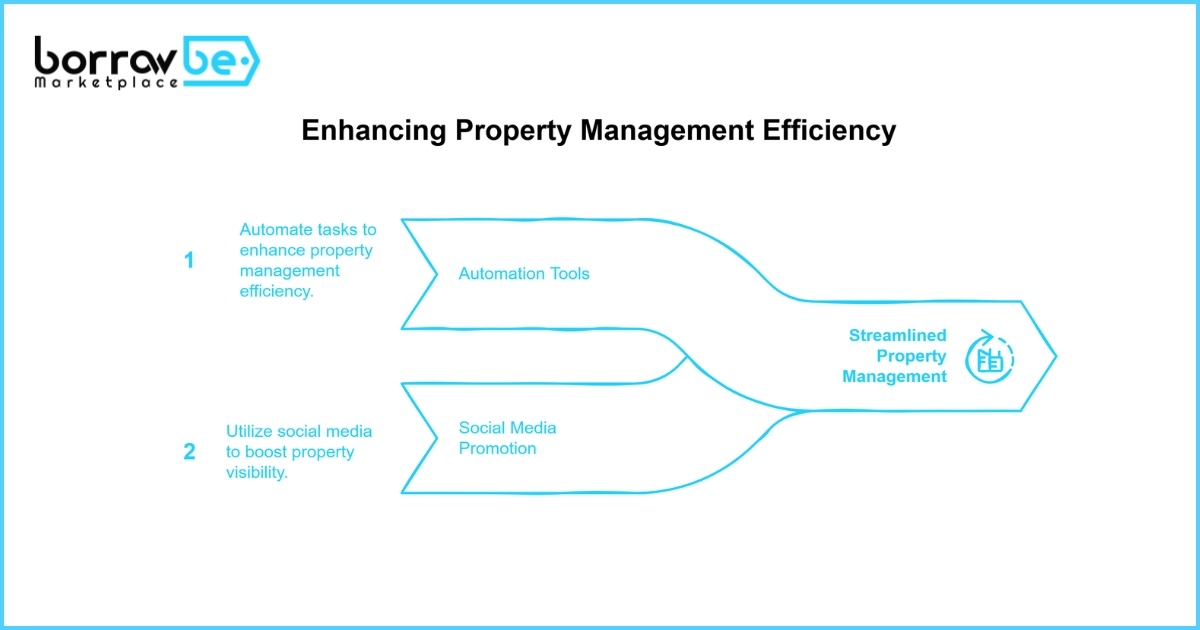
Leveraging Social Media and Online Platforms
Promote your property on Instagram and TikTok with hashtags like #TravelGoals or #VacationRentals. Share guest testimonials or behind-the-scenes cleaning routines to build trust. List your home on BorrowBe’s House for Rent section to reach a broader audience.
Managing Guest Experience for Repeat Business
Pre-Arrival Communication
Send a detailed itinerary 72 hours before arrival, including Wi-Fi passwords, parking instructions, and emergency contacts. Offer personalized recommendations, like a nearby grocery store or hiking trail.
Post-Stay Follow-Up
Request reviews within 24 hours of checkout via platforms like TurnoverBnB. Address negative feedback publicly to show responsiveness. Offer a 5% discount on future stays to encourage returns.
Legal and Financial Considerations
Compliance with Local Regulations
Short-term rental laws vary by city. In Los Angeles, hosts must register with the city and pay a 14% transient occupancy tax. Consult a local attorney to avoid fines or operational shutdowns.
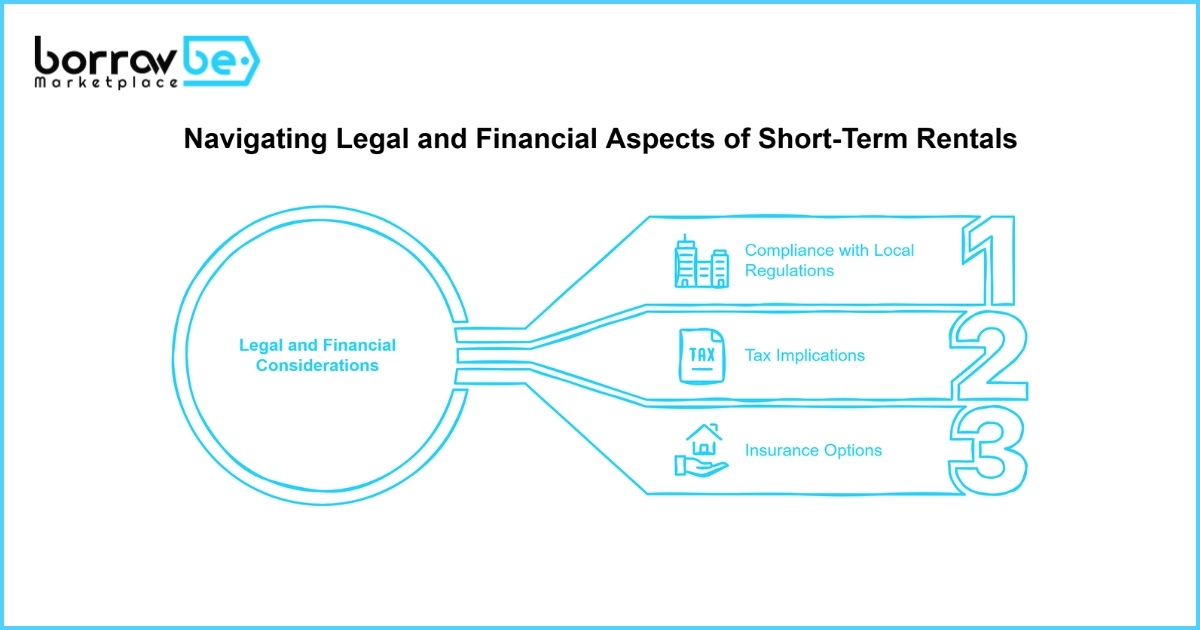
Tax Implications and Insurance
Track deductible expenses like utilities, maintenance, and property management fees. Consider liability insurance through providers like Proper or Slice to cover guest accidents.
Frequently Asked Questions
How do I start renting my vacation home?
Begin by researching local regulations and obtaining necessary permits. List your property on BorrowBe’s Vacation Rental page, and set competitive pricing using dynamic tools. Invest in professional photography to showcase your home’s best features.
What’s the best way to handle negative reviews?
Respond promptly and empathetically, offering solutions like refunds or future discounts. Use feedback to improve—for example, upgrading outdated appliances. Most guests appreciate transparency and effort to resolve issues.
How can I maximize bookings during off-peak seasons?
Offer themed packages, like a “Winter Wellness Retreat” with yoga mats and discounted spa services. Partner with local businesses for cross-promotions, such as a free restaurant voucher with a week-long stay.
Do I need special insurance for vacation rentals?
Standard homeowner’s insurance often excludes short-term rentals. Opt for specialized vacation rental insurance to cover property damage, liability claims, and income loss due to cancellations.
How do I optimize my listing for search engines?
Use keywords like “luxury beach rental” or “pet-friendly cabin” in titles and descriptions. Update your calendar regularly to improve platform algorithms, and encourage guests to leave detailed reviews.
